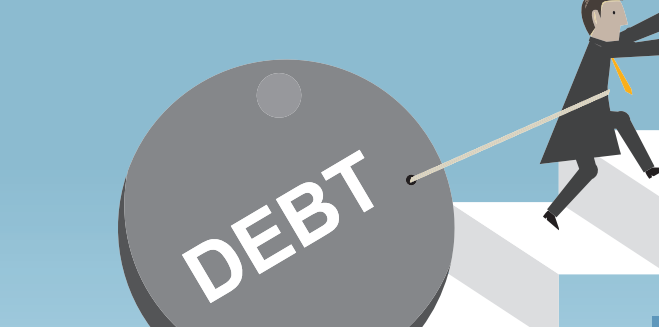×
The Standard e-Paper
Home To Bold Columnists

Loans and mortgages are causes of financial stress in many households. Are there ways to reduce the burden? Dr Samuel Njoroge, a finance and investment consultant explains.